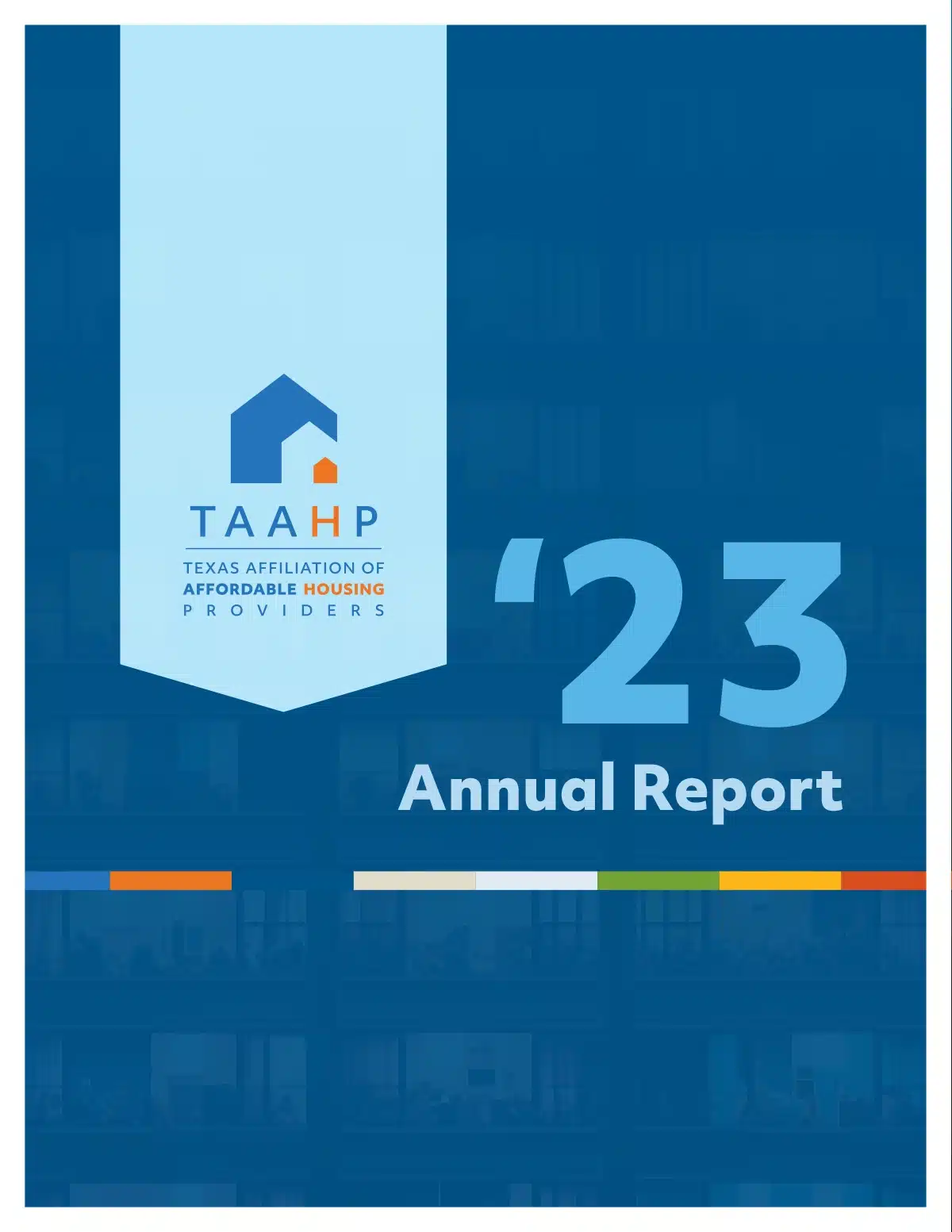It’s a common scene at a community hearing: local residents lined up behind the microphone waiting to testify about a proposed affordable rental housing development. Some are voicing concerns that the development will decrease property values in their neighborhood. Their concerns are understandable – they want to protect their investment in their homes. On the other side, housing advocates and prospective residents argue with equal passion. They want to live in affordable homes with access to jobs, schools, and other amenities for themselves and their children. Affordable housing, they argue, will not affect the home values of residents already in the community. Which side is right? This policy brief summarizes the conclusions of several reviews and critiques of the growing body of research on this topic. It also highlights some of the most recent work in this area carried out by researchers at the Furman Center of New York University and funded by the John D. and Catherine T. MacArthur Foundation.
Many Americans, even those who support the development of affordable housing, may nonetheless object when such a development is proposed in their own neighborhood. Much of the research suggests that the type of affordable housing matters less than the quality of the properties’ design, management, and maintenance.

